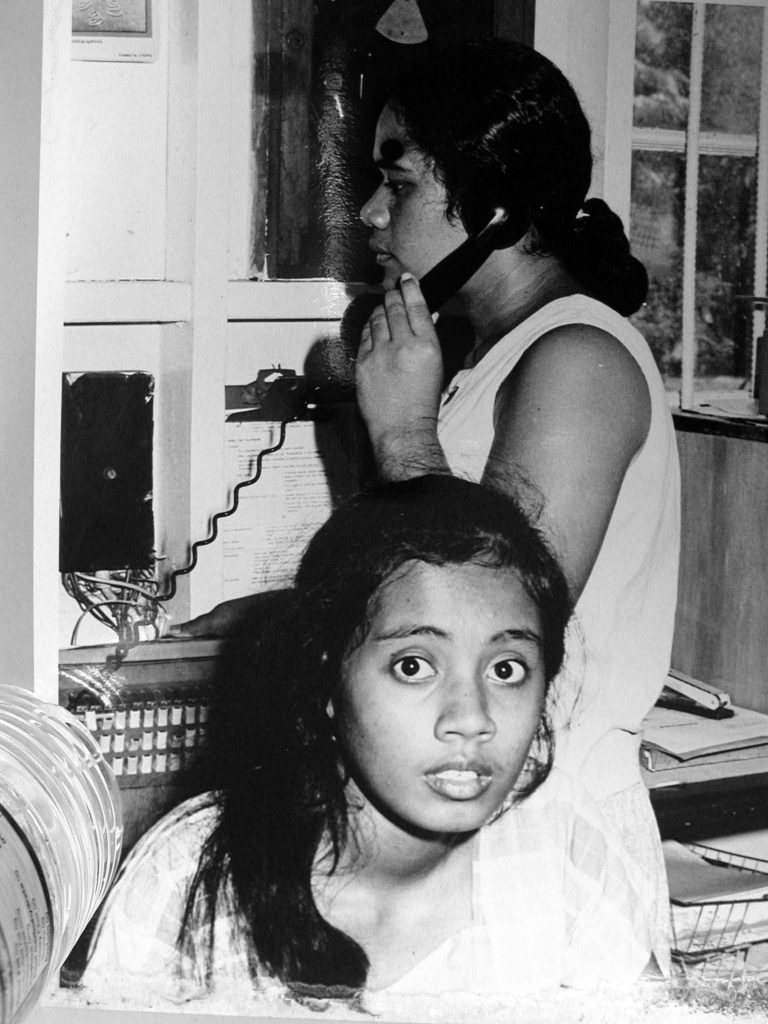Let’s Hear it for Shame V: Retrieving the Old Tool.
“Let’s Hear it for Shame,” a Five Part Series
At the risk of sounding like the old fogey that I am (80 years old, after all), I offer my thoughts on the passing of a key social tool. ?Let?s Hear It For Shame? is the title of this five-part series.
V: Retrieving the Old Tool
With a little imaginative innovation, why can?t we reclaim a proper use of shame???
Individualism seems to be the bottom line in our society today, here in the islands as well as in the US. The government increasingly sees itself as the protector of every individual?even those in the tight embrace of the family?against mistreatment of any kind. In today?s society the government feels that it must do everything, including protecting children from their parents. In the past, our polity relied on small communities, including families, for a great measure of self-policing. The latter was done without handcuffs, much less jail cells, but it depended on strong doses of shame being administered as needed.
Isn?t it time for us to reconsider the wisdom of this shift and take a step backwards? Self-policing might allow a few rule-breakers to slip through the net, but is this any worse than the penal system that has replaced it?
A control system rooted in shame offers advantages that the court and penal system finds it hard to match. To escape the burden of shame, a person who has scammed others will have to offer some form of apology and restitution if he or she wants to hold his head high in the community once again. Isn?t this is what the penal system claims to want to do, even if there is little evidence that it accomplishes this?
If we want to provide room for more self-policing in our communities, then we will have to restore the tool they will need to do this. In other words, we will have to stop belittling shame and all that the word represents. (To say that the word has taken on negative overtones today is to understate the problem.)
Shame has a long history as an important tool in social control?indeed, probably the most effective one over the years. Even as we excoriate the cruder and more irresponsible uses of shame, let?s recognize the positive contribution that shame has made.
We might want to remind ourselves that the words ?You have no shame? was one of the strongest reproaches that could be made in most societies. A sense of shame was an essential compass to help navigate through life. Now and then, of course, it had to be tingled to keep a person on track.
So, let?s not paint the word ?shame? in dreadfully black colors. Contrary to popular wisdom today, not all shame is malicious, meritless, and a mortal blow to the psyche.
We can?t spin back to restore
the past and return to the ?good old days,? as some of us may view them. But we
can certainly retrieve some of the tools that served people of those days so
well with the hope that they can still be of some value for us. Shame is surely
one of those tools. If we can?t figure out how to make good use of it today,
then we?ll have to resign ourselves to building even more jail cells in our
overcrowded prisons.
So, let?s hear it for shame!







